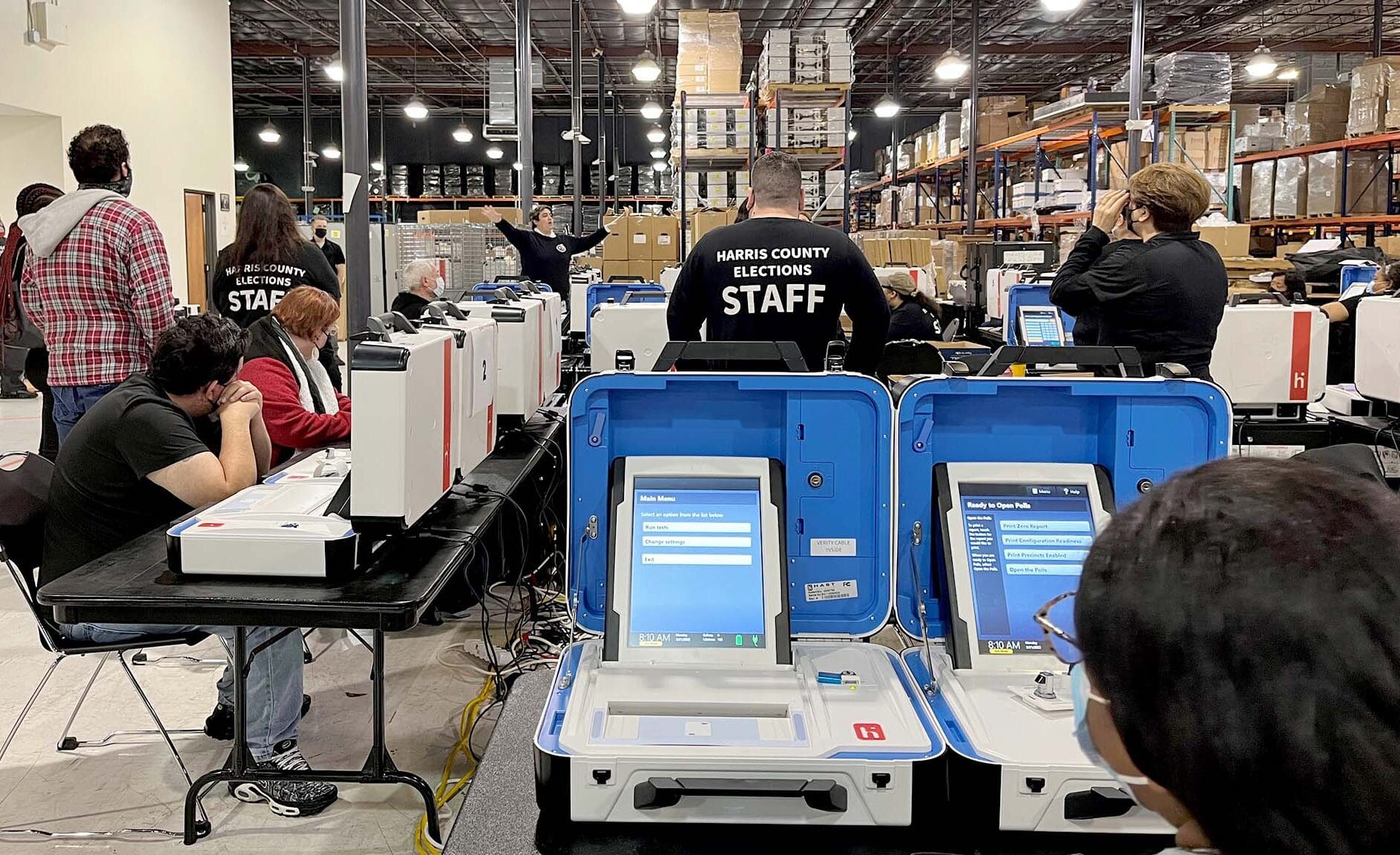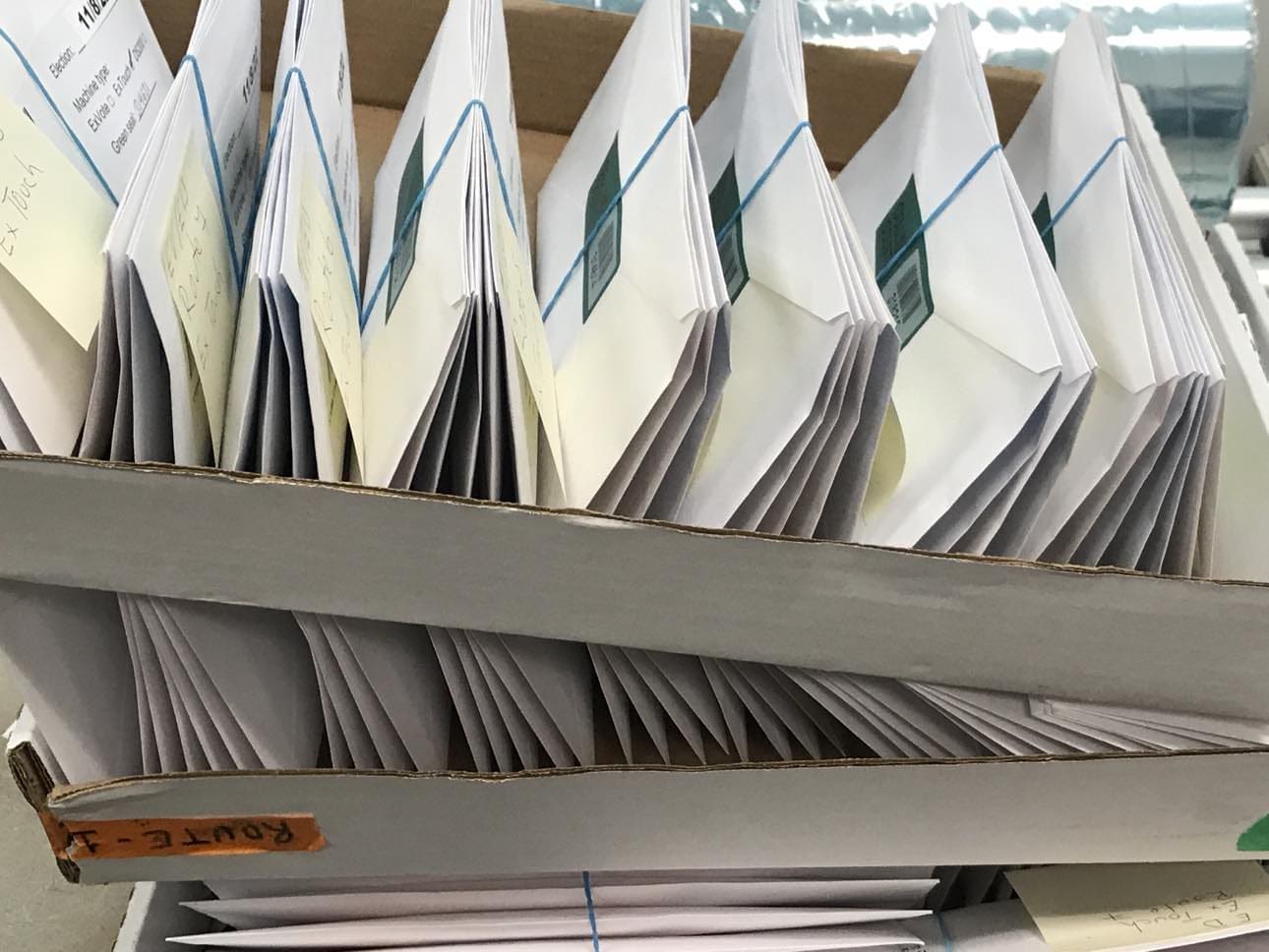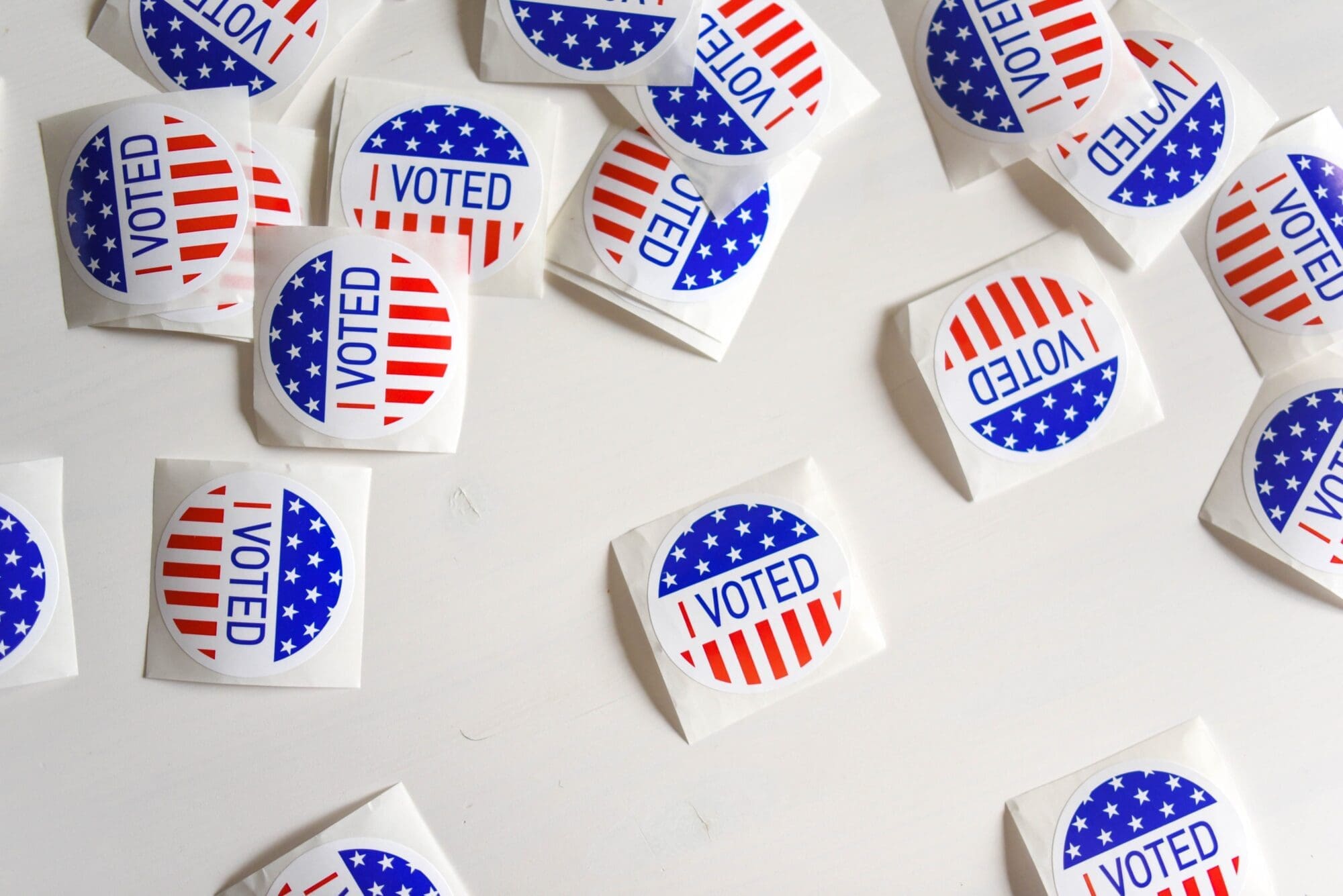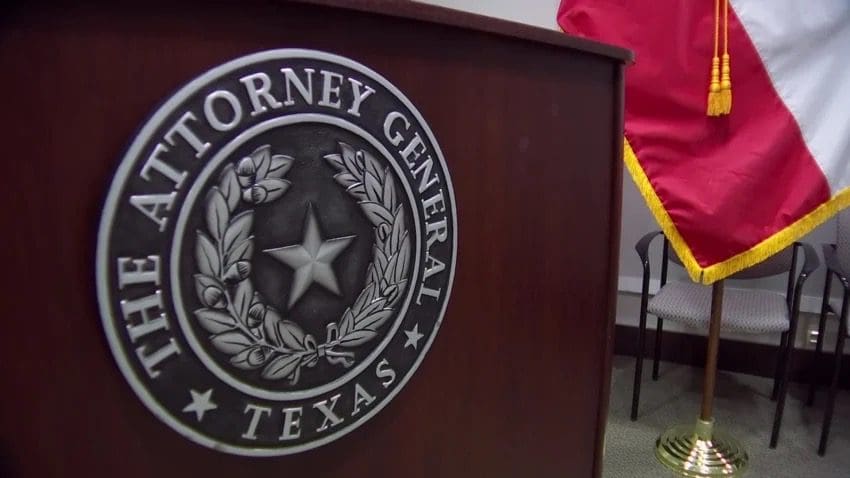In the Texas Legislature, with its strict deadlines and 140-day calendar, delay is death, and now priority legislation to promote election integrity is officially the latest conservative casualty to die in the hands of the Texas House.
Yesterday the House Calendars Committee set its final calendar of Senate bills for Tuesday, the last day such bills can be voted on, and the 86th Legislature’s marquee election reform bill was notably absent.
Senate Bill 9 by State Sen. Bryan Hughes (R–Mineola) served as this session’s comprehensive election reform bill. The bill served as an attempt by lawmakers concerned about the integrity and security of Texas’ elections—from school bonds and local elections to presidential nominations—in the wake of investigations that have uncovered instances of voter fraud across the state in recent years.
The bill’s main provisions address criminal penalties for new and existing election infractions; new rules for voter registration and voting by mail, voter assistance, and poll watchers; election contests involving alleged fraud; state and county election officials and procedures; and a pilot program for risk-limiting audits.
The bill was passed by the Texas Senate over a month ago; it was then that its slow demise began.
After receiving the bill from the Senate, Speaker of the House Dennis Bonnen took nearly two weeks to refer the bill to the Texas House Committee on Elections.
Once the bill was referred to committee, however, it took another two weeks for State Rep. Stephanie Klick (R–Fort Worth), who chairs the committee, to give the bill a hearing; the bill was finally heard in a marathon meeting last Wednesday.
That wasn’t the end of the delay game, however.
Instead of voting out the bill that evening, cognizant that the deadline to do so was only a couple days away, the committee instead left the bill pending, electing to approve it the following morning.
But when the committee, which consists of five Republicans and four Democrats, was set to meet that morning, State Rep. Valoree Swanson (R–Spring) was absent, reportedly due to a cough. That gave Democrats the opportunity to skip the meeting as well, resulting in a lack of quorum to pass the bill.
When Swanson returned later that day, Klick neglected to reschedule the meeting until the following day, Friday, May 17. Once the bill was finally voted out, it took an additional day to reach the Calendars Committee, just one day before they would meet to set their final calendar for Tuesday.
When the last Texas House calendar was released with over 100 bills—many that will likely not be reached before the clock strikes midnight—Senate Bill 9 was not among them, leaving the legislation officially dead for this legislative session.
The result was no doubt a disappointment for conservatives who had high hopes for election integrity efforts this session, following the committee’s appointments.
“The left was very active in opposing SB 9, and the House lacked the wherewithal to act,” said Direct Action Texas, a watchdog organization that has been instrumental in exposing voter fraud across the state. “And so it goes, while the GOP still controls all branches of Texas government, liberals are running the show.”





